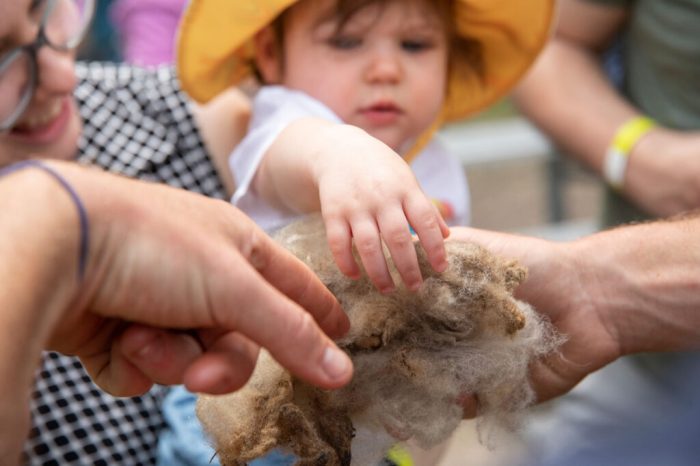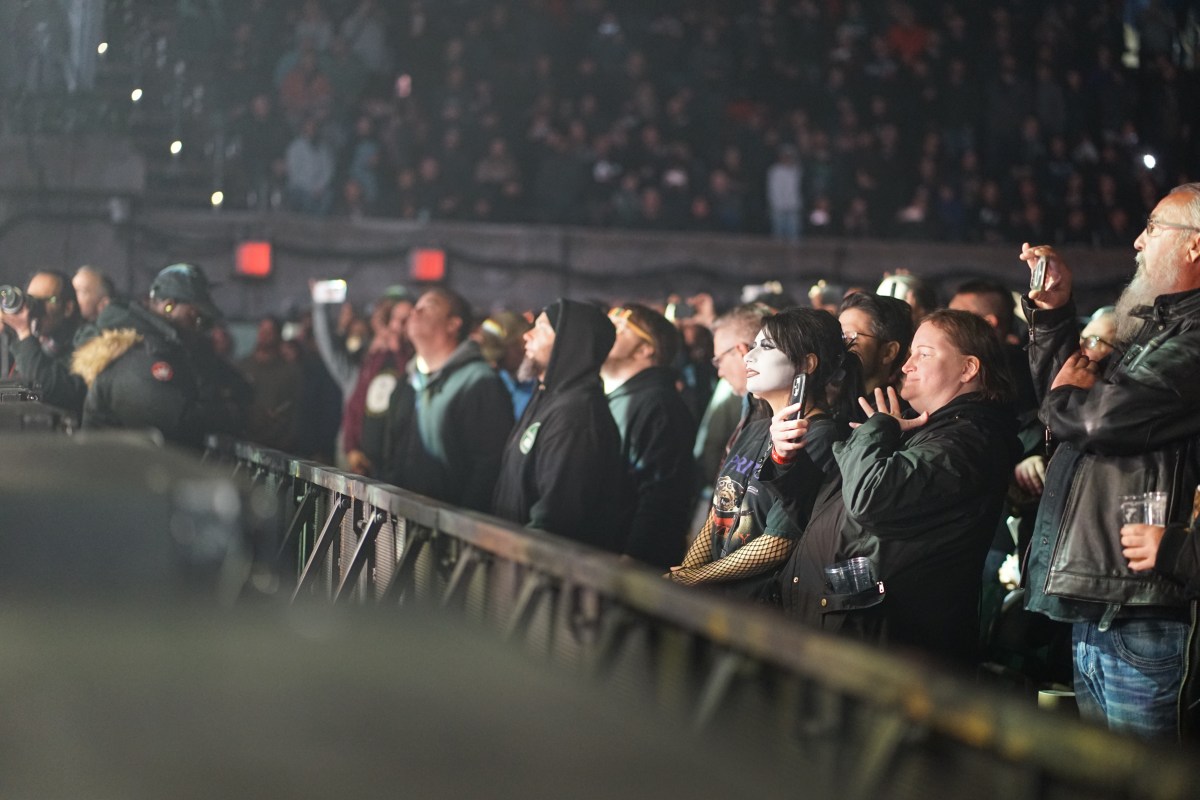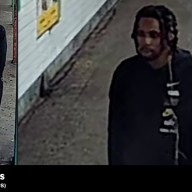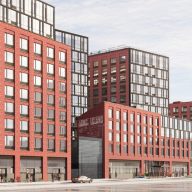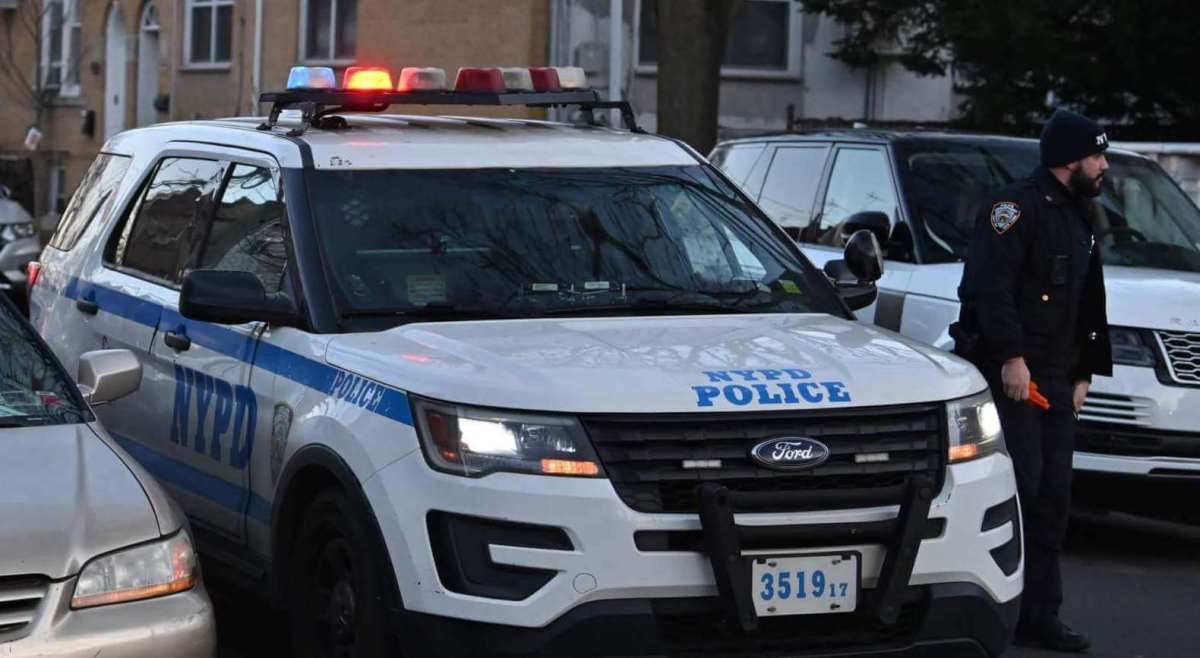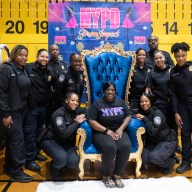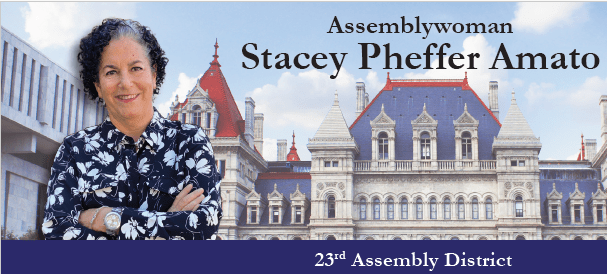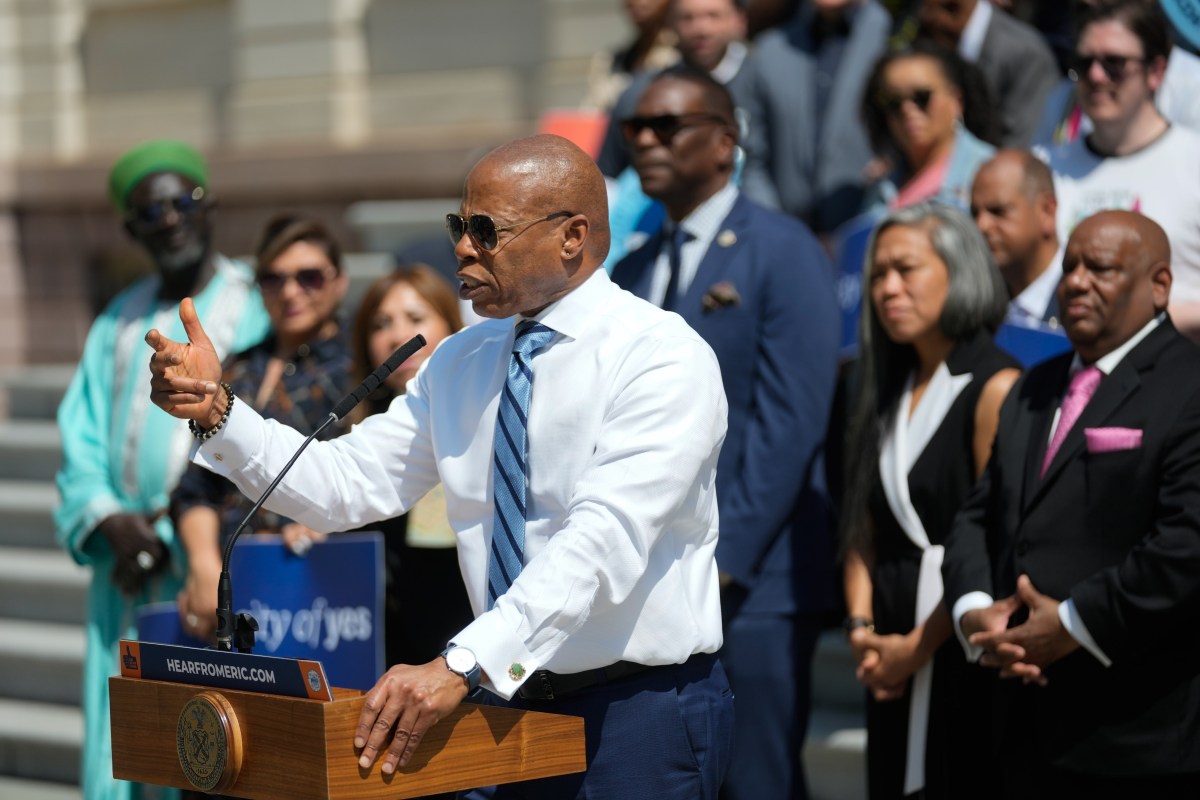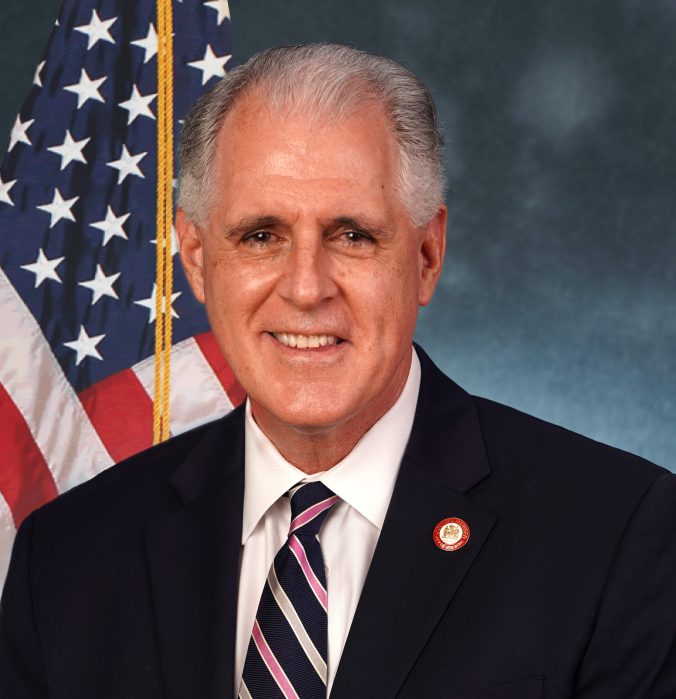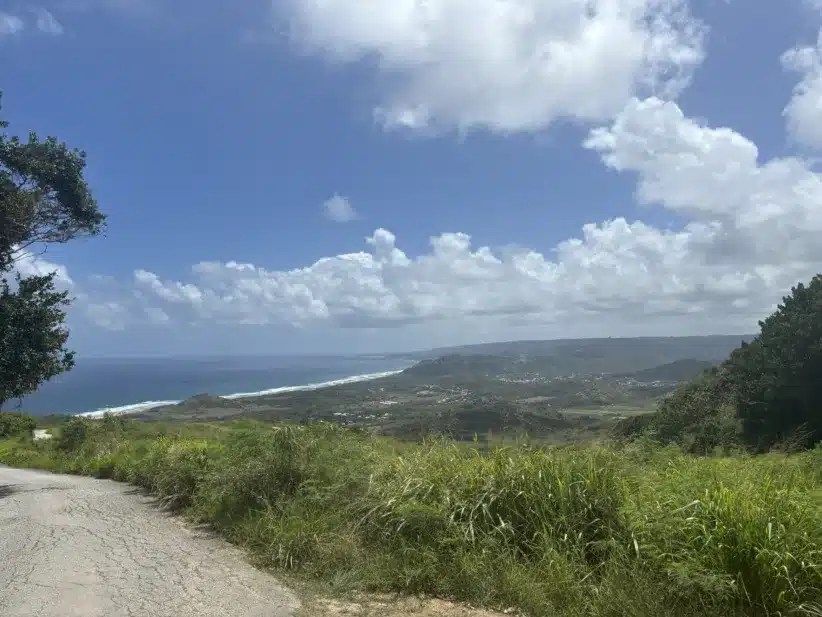By Calvin Prashad
Disturbed by the brutal murder of a woman in Richmond Hill, two Indo Caribbean women’s activists organized a community vigil to discuss violence against women and mourn the most recent victim of fatal domestic violence.
Simone Jhingoor and Nadia Bourne of the Richmond Hill-based Jahajee Sisters described the challenge of confronting decades-old norms and a culture of silence that needs to change to protect women in the community.
On Dec. 5, Rajwantie Baldeo was allegedly stabbed by her ex-husband. Prem Rampersaud, who has been charged with her murder, according to the Queens district attorney. The pair had been arguing and Rampersaud confronted his former wife in a jealous rage.
Though the brutal murder prompted an outpouring of sympathy from the community, this is hardly the first instance of young women being murdered by current or former partners. The group was founded following the 2007 murders of two young Indo-Caribbean women, Natasha Ramen and Guiatree Hardat.
The term “Jahajee,” dates back to the period of Indian indentured servitude when Jahajee Bahen (ship sister) was a term of endearment used by women to “unify and support each other” during the harsh sea voyage from South Asia to the Caribbean,” according to the group.
On Dec. 18, the group held the vigil at Naresa Palace, a catering hall on Rockaway Boulevard in South Ozone Park.
“Outdated ideas and cultural norms that keep women subjugated and silent have no place in our society,” Jhingoor said.
The roots of intimate partner violence are complex, and Jhingoor noted that history plays a role in norms about violence against women.
“We at Jahajee Sisters believe that the violence partly has its roots in the colonial system of indentureship,” she said.
Indo-Caribbean people are the descendants of indentured workers, brought to Guyana, Trinidad and Jamaica. During the indentureship period from 1838 – 1917, the ratio of workers was one woman to 10 men. Jhingoor said that as a result, women experienced violence and sexual assault at alarming rates.
She pointed out that this legacy of trauma continues to influence cultural behaviors and practices.
Jahajee Sisters identified community institutions as critical to leading an intervention against intimate partner violence.
“We need more community leaders of faith-based institutions to stand with us and publicly condemn gender-based violence,” Jhingoor said. Specifically, the group wants to partner with houses of worship to do workshops for their congregations on healthy relationships and consent.
Still, while it is incumbent on the community to motivate itself to change, there is also a dearth of resources in southern Queens to address these issues in a culturally specific and relevant manner.
“Although many of us are new immigrants still learning how to navigate the U.S. and struggling to make ends meet, there is not enough attention paid to supporting us,” Jhingoor said. Groups like Jahajee Sisters are aiming to increase the visibility of women, from having events to commemorate victims, to training young women and girls to become advocates in the community against sexism and patriarchal norms.
The hope is to prevent future domestic violence by empowering women in the community as well as ending the invisibility that many women feel in the community.
Ultimately, Jhingoor and Bourne want the Indo-Caribbean community to confront “the shame and stigma around naming the violence that is present in our families, which creates an unhealthy culture of silence.”
They called on the community to “send the message loudly, clearly and on a regular basis that our community values the life, well-being and dignity of every girl and every woman.”





